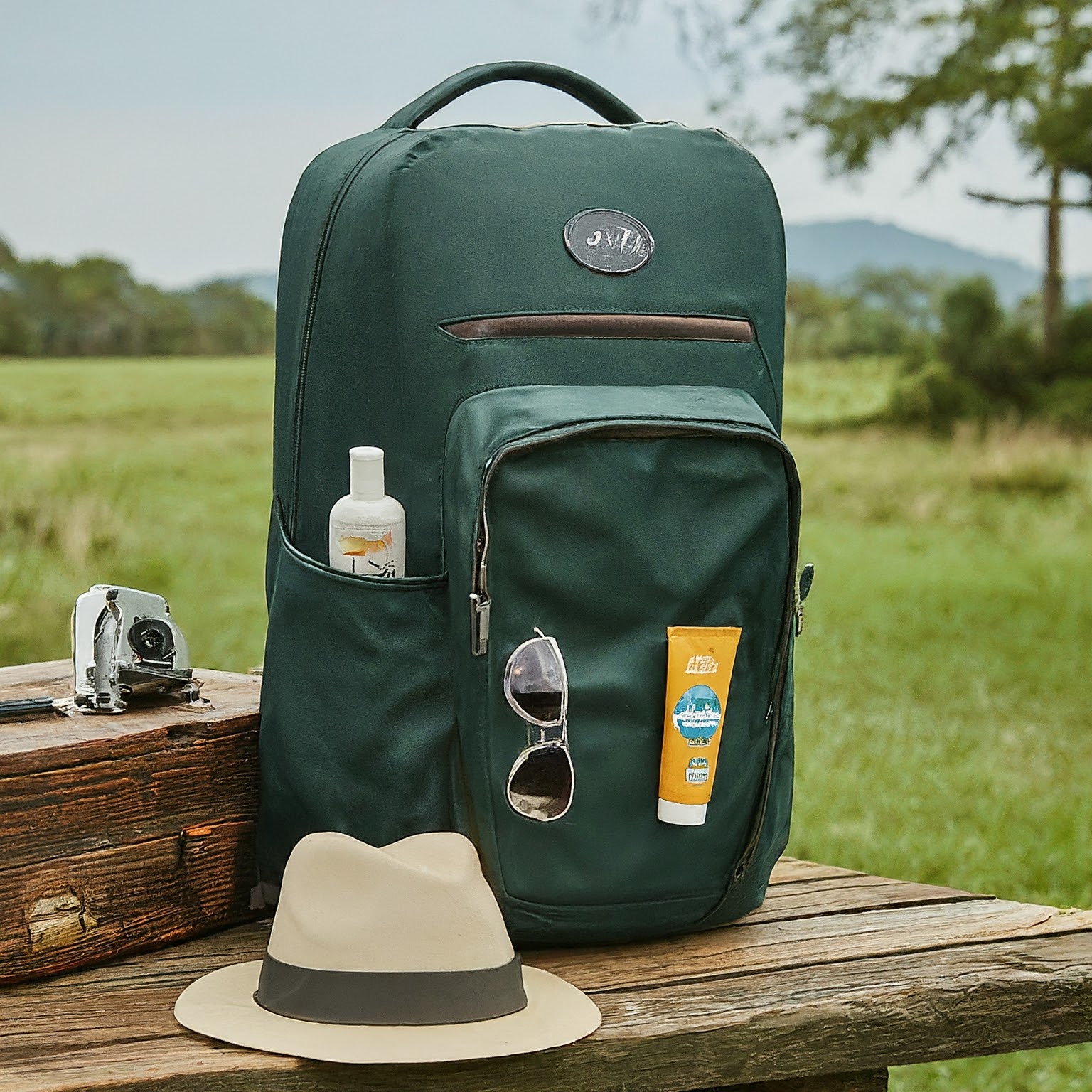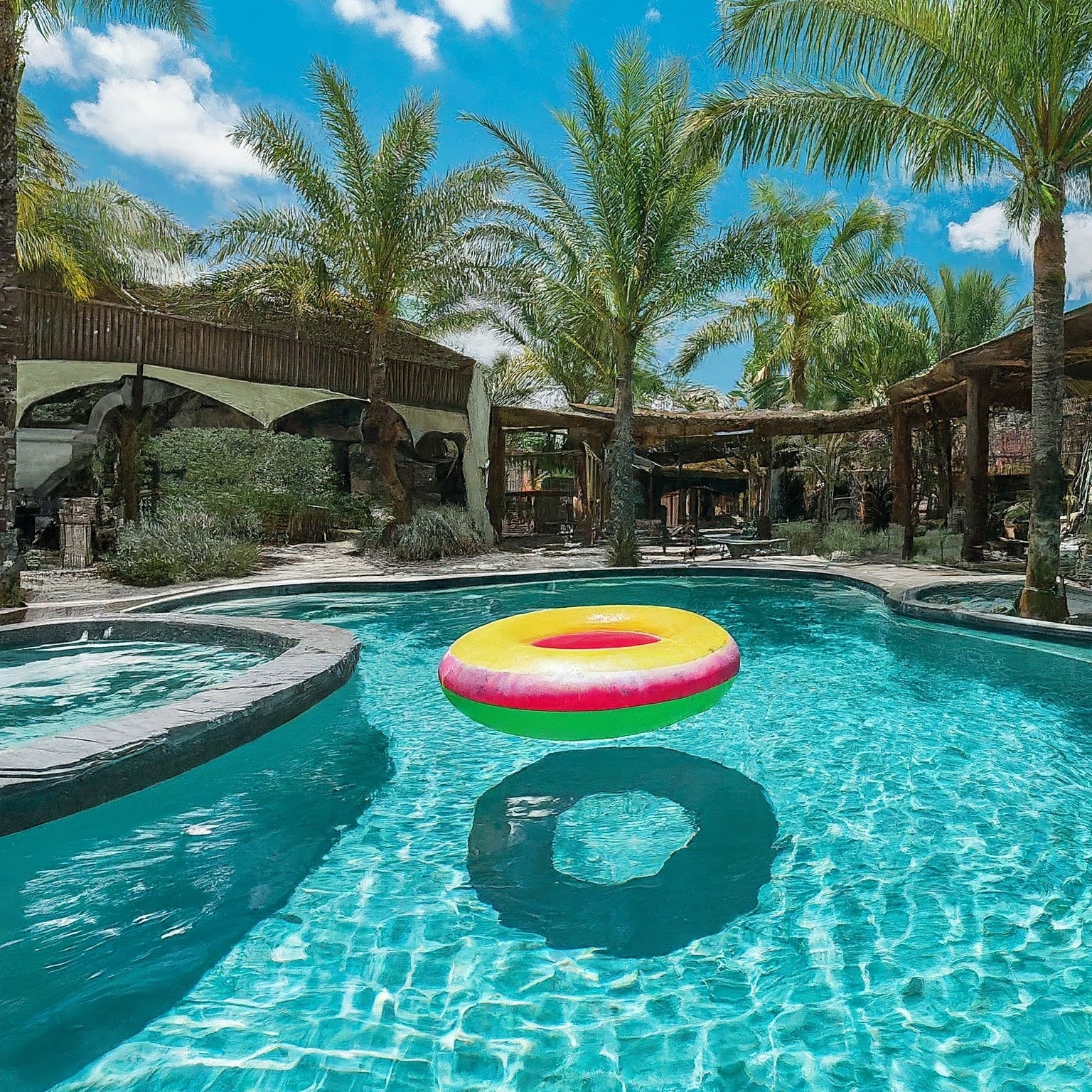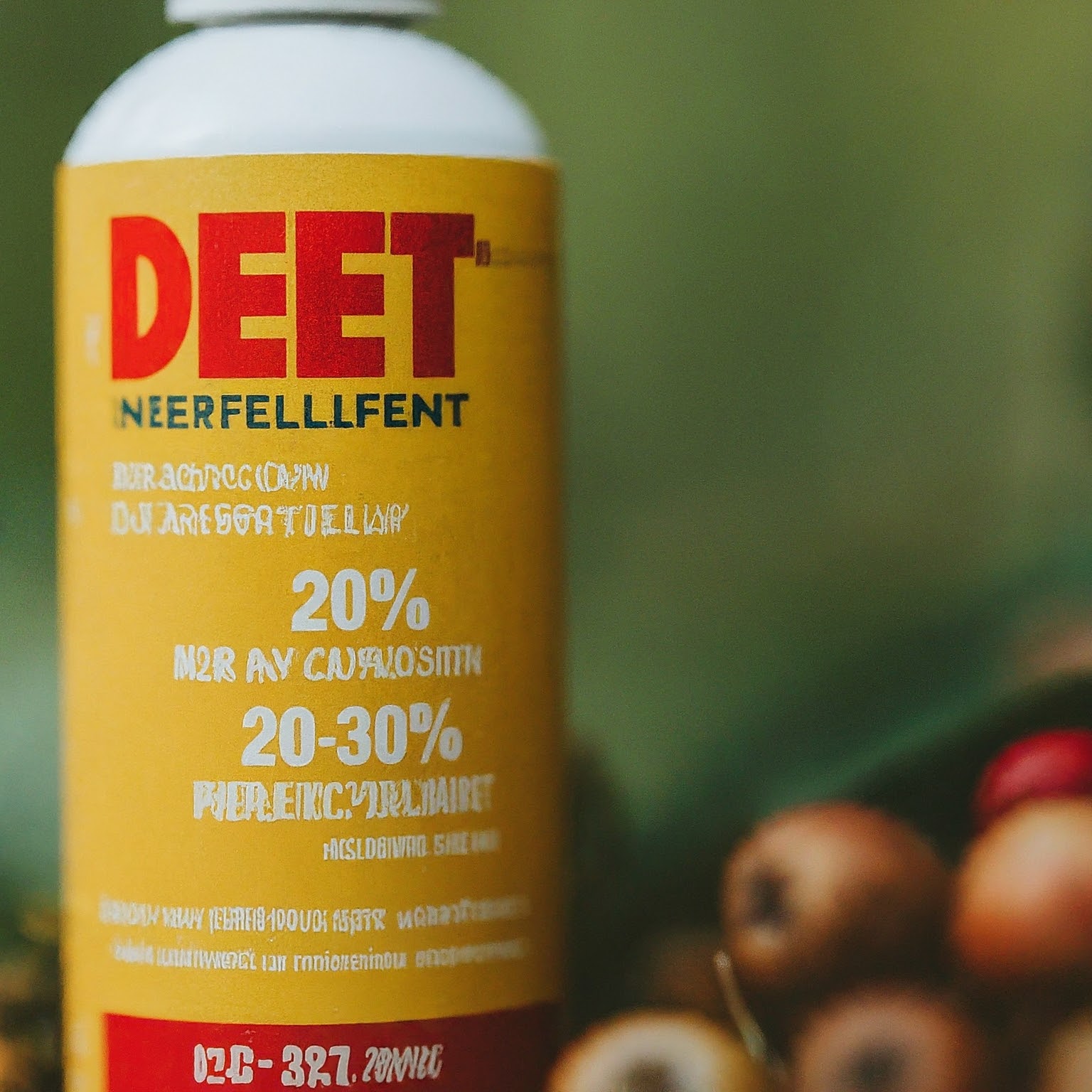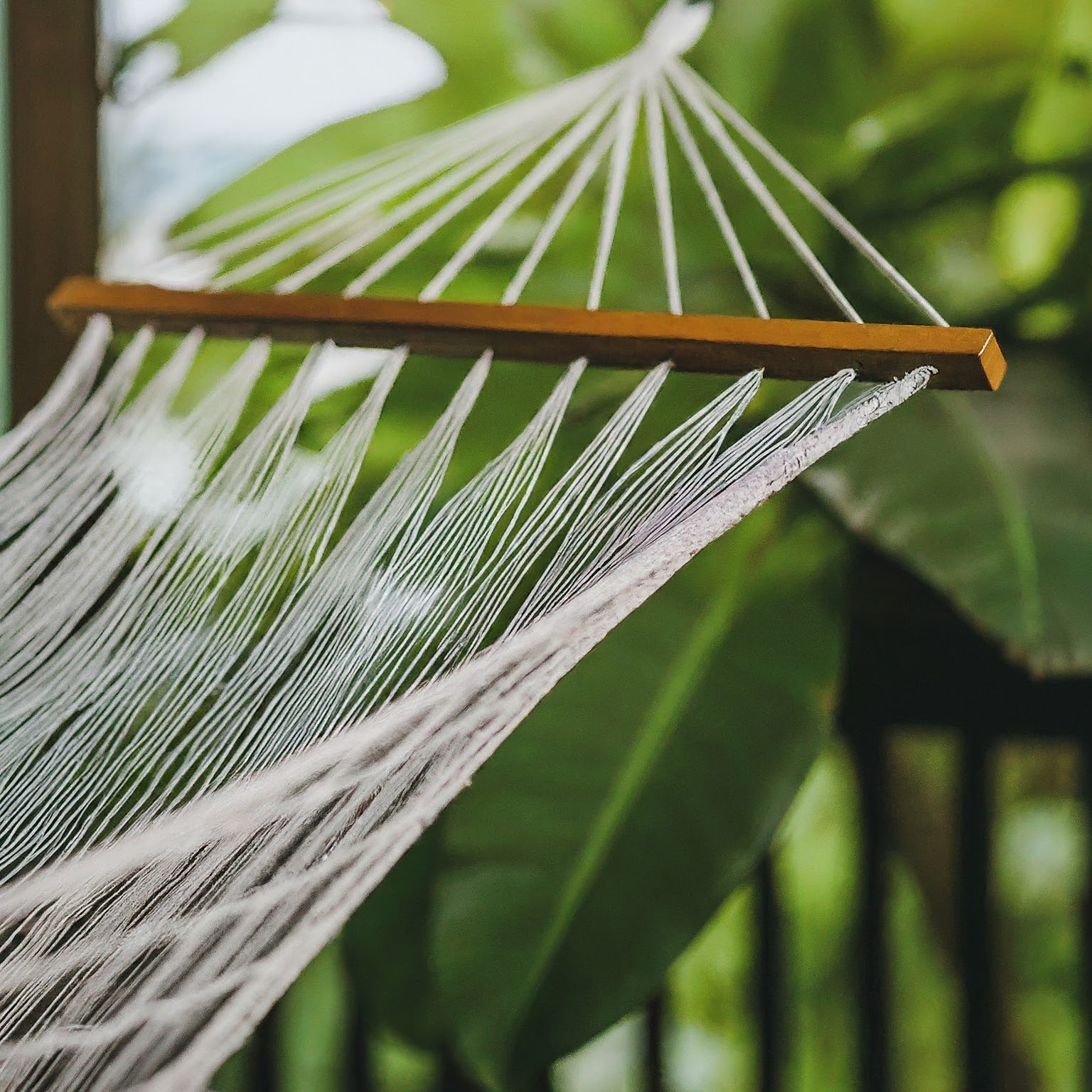About the Author
Dr. Amelia Fernandez is a renowned travel medicine specialist with over 15 years of experience. Passionate about helping globetrotters stay healthy, Dr. Fernandez shares valuable insights and practical tips to ensure a safe and unforgettable travel experience.
Dengue fever can put a damper on your dream vacation, but with the right knowledge and precautions, you can explore tropical destinations with complete confidence. This article equips you with all the essentials to stay safe from this mosquito-borne illness.
Dengue Fever: A Tropical Threat
Dengue fever is a viral infection transmitted by Aedes mosquitoes, prevalent in tropical and subtropical regions. While most cases are mild, it’s crucial to be aware of the symptoms and take preventive measures to avoid getting sick.
Symptoms: Spotting the Signs Early
Dengue fever symptoms typically appear 4-10 days after being bitten by an infected mosquito. Here’s what to watch out for:
- Sudden high fever (up to 104°F)
- Severe headache, often described as “behind the eyes”
- Muscle and joint aches, earning dengue the nickname “break-bone fever”
- Nausea and vomiting
- Skin rash
Warning Signs: If you experience severe abdominal pain, persistent vomiting, bleeding gums or nosebleeds, or extreme fatigue, seek immediate medical attention. These can be signs of severe dengue, a potentially life-threatening complication.

Know Your Enemy: The Dengue Mosquito
The Aedes mosquito, particularly the Aedes aegypti species, is the primary culprit behind dengue fever transmission. These mosquitoes thrive in warm, humid climates and are most active during the day, especially in the early morning and late afternoon hours.
Understanding their behavior is key to avoiding their bites:
- Habitat: Aedes mosquitoes breed in stagnant water, making discarded tires, overflowing gutters, and even small puddles potential breeding grounds.
- Feeding Habits: They are aggressive biters and are attracted to dark clothing, perfumes, and body heat.
By minimizing your exposure to these mosquitoes, you significantly reduce your risk of contracting dengue fever.
Prevention is Key: Essential Travel Hacks
Now that you know the enemy, let’s explore some effective prevention strategies:
- Pack Mosquito Repellent: Choose a DEET-based repellent with a concentration of 20-30% for optimal protection. Apply it liberally to exposed skin, avoiding eyes and lips. Consider permethrin-treated clothing for an extra layer of defense.
- Dress Smart: Wear long-sleeved shirts, pants, and loose-fitting clothing, especially during peak mosquito hours. Opt for light-colored fabrics, as mosquitoes are more attracted to darker colors.
- Eliminate Breeding Grounds: When staying outdoors, choose accommodations with proper mosquito netting on windows and doors. If possible, reduce the amount of stagnant water around your living space.

Don’t Panic: What to Do if You Get Sick
Despite your best efforts, you might still experience dengue fever symptoms. Here’s how to respond:
- Seek Medical Attention: Don’t hesitate to consult a doctor, especially if you experience any warning signs of severe dengue. Early diagnosis and treatment can significantly improve outcomes.
- Rest and Recuperate: Dengue fever requires plenty of rest and fluids. Over-the-counter pain medication can help manage discomfort.
Recuperation and Returning Home
Recovery from dengue fever typically takes 7-10 days. Listen to your body and prioritize rest. If your symptoms worsen, consult a healthcare professional immediately.
Once you’ve recovered and it’s time to return home, continue to avoid mosquito bites to prevent relapse. Dengue fever can cause long-term complications, so prioritize your health and well-being.
Packing Smart: Must-Have Dengue Defense Tools
- DEET-based mosquito repellent (20-30% concentration)
- Permethrin-treated clothing
- Long-sleeved shirts, pants, and loose-fitting clothing (light colors preferred)
- Calamine lotion or aloe vera gel to soothe mosquito bites
- Hydration tablets to ensure proper fluid intake, especially if you fall ill

Travel with Confidence: Peace of Mind, One Bite at a Time
By following these tips and packing the right supplies, you can embark on your tropical adventure with peace of mind. Remember, with a little knowledge and preparation, you can conquer your travel cravings without succumbing to dengue fever.
Conclusion: Explore Without Worry
Dengue fever shouldn’t deter you from exploring the world’s breathtaking tropical destinations. Armed with the right information and preventive measures, you can create unforgettable travel memories without compromising your health. So pack your bags, apply your repellent, and get ready to discover the beauty of the tropics worry-free!




